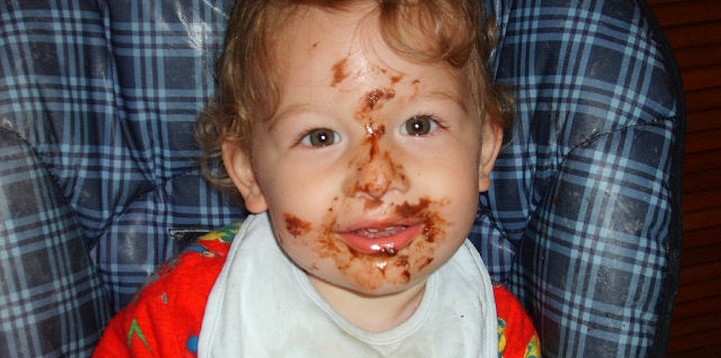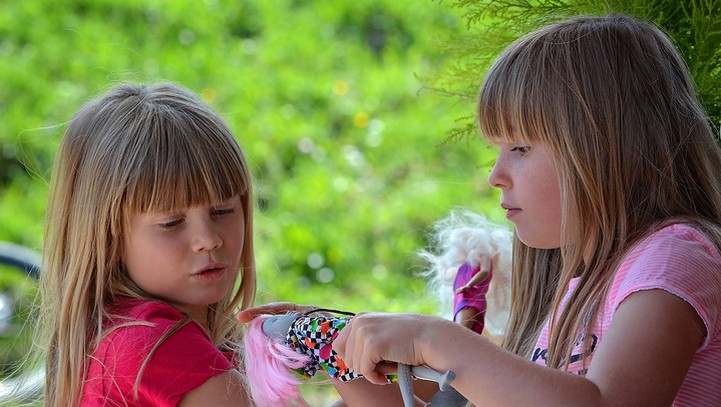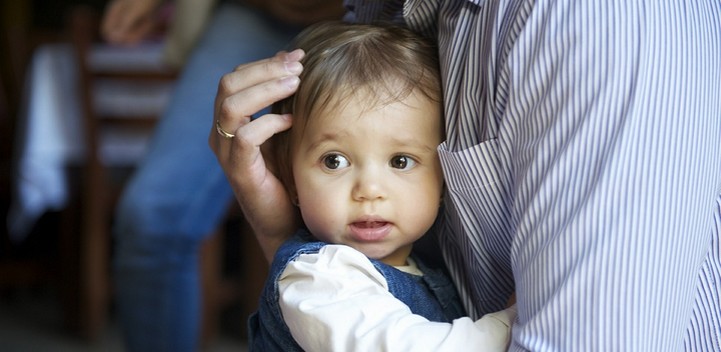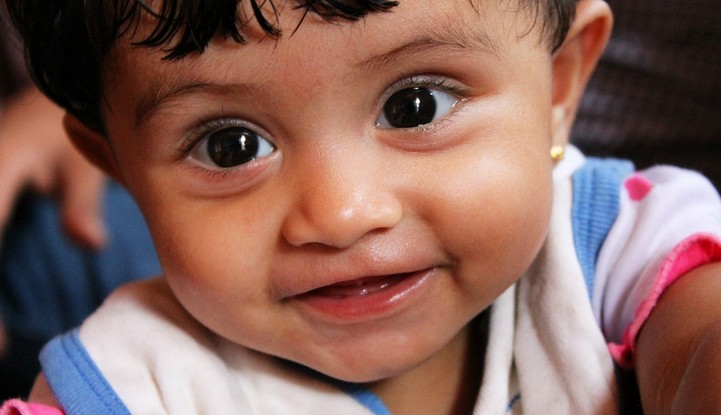
Learning self-control is an ongoing process in each child’s development. Child care providers can play an important role in encouraging children to develop self-control through interactions, appropriate guidance, and child-directed activities. When encouraging children’s self-control, child care providers need to be sure their expectations are appropriate and realistic for the particular child. The child’s age can be an indicator of what to expect, but children of the same age can be at different developmental levels. Be sure to consider the …







